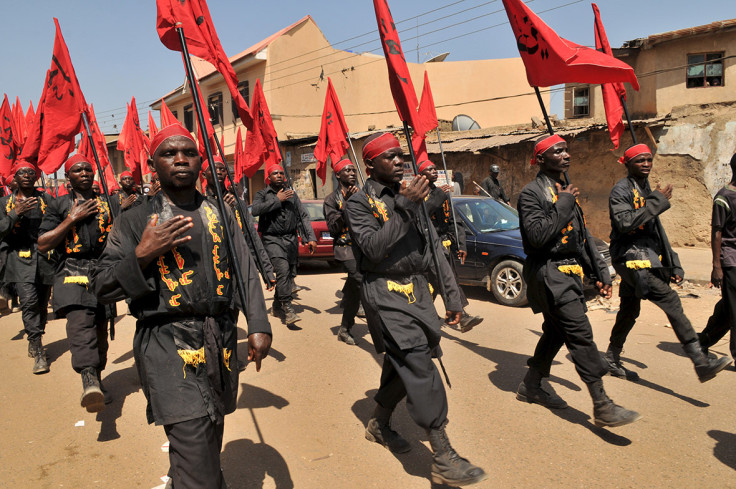Eight Shia Muslims 'killed' in Nigeria as security forces try to stop Ashura march in Katsina
Deadly clashes erupt in Katsina state, where authorities banned Shia processions.

At least eight people have been killed during clashes between members of the Shia Muslim community and security forces in northern Nigeria. The incident occurred in the town of Funtua, in Katsina state.
The local BBC Hausa service reported that the people were killed when army and police intervened to block an annual Shia procession on the day of Ashura, which commemorates the death of Husayn ibn Ali, who is believed to be the grandson of Prophet Muhammad.
Witnesses told BBC Hausa that shots were fired and people counted at least eight bodies.
Kastina and other states have banned Shia processions in the Sunni Muslim-majority north, where Shia Muslims also live.
Earlier in October, the Kaduna State Government declared the Islamic Movement of Nigeria (IMN) unlawful.
Nigeria has come under fire for alleged violence used to quell Shia protests in the north of the country after IMN leader Sheikh Ibrahim Zakzaky and dozens of members of the movement were arrested earlier this year.
In April, Amnesty International accused the Nigerian army of committing large-scale unlawful killings in Zaria, Kaduna State.
What is the Islamic Movement In Nigeria?
The Islamic Movement in Nigeria (IMN) is a religious and political organisation which aims to create an Islamic state through an Islamic revolution – like the one that occurred in Iran in 1979.
Both Shia and Sunni Muslims are part of the movement, led by Ibrahim Zakzaky. IMN members often hold processions, mainly in Zaria, to raise awareness of their movement, which also advocates the liberation of the Palestinian territories controlled by Israel.
The NGO claimed soldiers "unlawfully" killed more than 350 men, women and children and buried them in mass graves in December 2015.
The report also claimed the Kaduna State authorities said that they admitted to burying about 347 bodies in a mass grave two days after the killings.
In an exclusive interview with IBTimes UK, the army denied the allegations and accused Amnesty of being biased.
"We believe the report is hasty, partial and lacks credibility and objectivity. The NGO should understand that Nigeria is a sovereign nation and it should be respected," Colonel Sani Usman, spokesperson for the Nigerian army, said.
Nigeria up close: Check out our Flipboard magazine
© Copyright IBTimes 2025. All rights reserved.




















